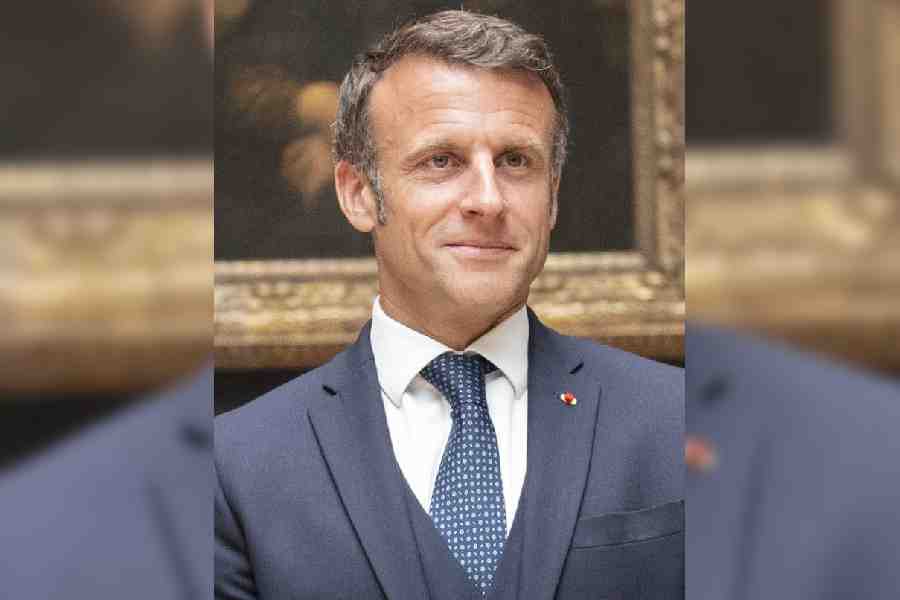Voters across mainland France cast ballots on Sunday in the first round of a snap parliamentary election that could usher in the country’s first far-Right government since World War II, a potential sea change at the heart of the European Union.
President Emmanuel Macron stunned the country when he called the vote after his centrist alliance was crushed in European elections in early June by Marine Le Pen’s National Rally. Her eurosceptic, anti-immigrant party was a longtime pariah but is now closer to power than it has ever been.
Polls opened at 6am and will close at 4pm in small towns and cities, with a 6pm finish in the bigger cities, when the first exit polls for the night and seat projections for the decisive second round on July 7 are expected.
Participation was high, underlining how France’s rumbling political crisis has energised the electorate. By 3pm, turnout was nearly 60 per cent, compared with 39.42 per cent two years ago — the highest comparable turnout figures since the 1986 legislative vote, Ipsos France’s research director Mathieu Gallard said.
The two-round elections could impact European financial markets, Western support for Ukraine and the management of France’s nuclear arsenal and global military force.
Many French voters are frustrated about inflation and other economic concerns, as well as President Emmanuel Macron’s leadership, seen as arrogant and out-of-touch with their lives. Marine Le Pen’s anti-immigration National Rally party has tapped that discontent, notably via online platforms like TikTok, and led in pre-election opinion polls.
A new coalition on the left, the New Popular Front, also poses a challenge to the pro-business Macron and his centrist alliance Together for the Republic. It includes the French Socialists and Communists, the greens and the hard-left France Unbowed party and vows to reverse an unpopular pension reform law that raised the retirement age to 64, among other economic reforms.
There are 49.5 million registered voters who will choose the 577 members of the National Assembly, France’s influential Lower House of Parliament.
Macron voted in Le Touquet, a seaside resort in northern France. Le Pen also voted in the north, her party’s stronghold, but in the working-class town of Hennin-Beaumont.
Voters in Paris had issues from immigration to the rising cost of living on their minds as the country has grown more divided between the far right and far left blocs.
“People don’t like what has been happening,” said Cynthia Justine, 44. “People feel they’ve lost a lot in recent years. People are angry. I am angry.” She added that with “the rising hate speech,” it was necessary to express frustrations with those holding and seeking power.
She said it was important as a woman to vote since women haven’t always had that right. And “because I am a Black woman, it’s even more important. A lot is at stake on this day.”
Pre-election polls suggested that the National Rally was gaining support and had a chance at winning a parliamentary majority. In that scenario, Macron would be expected to name 28-year-old National Rally President Jordan Bardella as Prime Minister in an awkward power-sharing system known as “cohabitation”.











